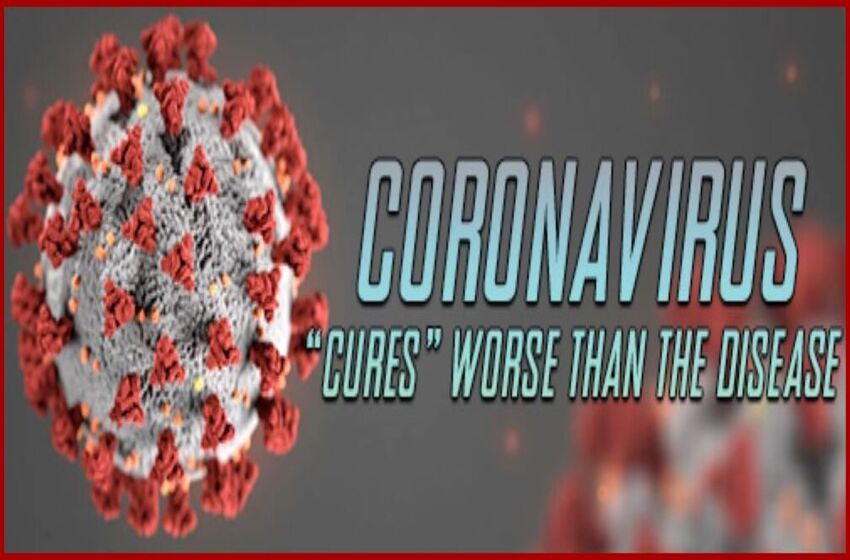Prior infection offered better protection than vaccination against delta: CDC

OBIDEN – HARRIS – BOLD FACED LIARS!
People who have been vaccinated against COVID-19 with a history of infection were best protected against infection from the delta variant, followed by people who were unvaccinated and had recovered from a previous infection, the Centers for Disease Control and Prevention said.
NEW JERSEY MANDATES BOOSTER SHOTS FOR HEALTHCARE WORKERS
Those who survived a previous infection but were unvaccinated were also better protected against the delta variant than people who were vaccinated alone.
“These results demonstrate that vaccination protects against COVID-19 and related hospitalization, and that surviving a previous infection protects against a reinfection and related hospitalization,” the agency’s researchers reported on Wednesday.
The report analyzed infections caused by the delta variant last summer into the fall in California and New York. Scientists found that vaccination combined with recovery from previous infection provided the greatest measure of protection against infection from the delta variant, which became the dominant strain last July. Meanwhile, people who were unvaccinated but survived infection, conferring what is known as “natural immunity,” were better protected against severe illness due to delta than people who had gotten vaccinated but not recovered from infection.
“Importantly, infection-derived protection was greater after the highly transmissible Delta variant became predominant, coinciding with early declining of vaccine-induced immunity in many persons,” the report said.
Compared with COVID-19 cases among unvaccinated people who had never been infected, people who were unvaccinated but recovered from an infection were about as well-protected against hospitalization and death as people who had double protection from vaccines and prior infection. COVID-19 case rates were 7.2-fold lower in California and 9.9-fold lower in New York among unvaccinated persons with a previous COVID-19 diagnosis. Among vaccinated persons with a previous COVID-19 diagnosis, case rates were 9.6-fold lower in California and 8.5-fold lower in New York.
The analysis comes with several caveats. It was conducted before the omicron variant became dominant last month and ended before booster shots were widely available. Booster doses of mRNA vaccines have been shown to jump-start waning immunity to the virus if administered about five months after getting the first two shots or the single Johnson & Johnson shot. Pfizer-BioNTech’s booster, for instance, increases the neutralizing antibody titers by 25-fold compared to the initial two doses, according to lab tests conducted by the company.
SLOW ROLLOUT MEANS ANTIVIRAL COVID-19 MEDICATIONS ARE TOO LATE FOR WORST OF OMICRON
The analysis also excluded important characteristic data on some people’s first round of infections, how severe they were, and what kinds of underlying health conditions the people surveyed had that could have increased their chances of hospitalization and death.
The agency maintained that getting vaccinated and boosted still provides the strongest protection against severe infection and death. To date, over three-quarters of the country have received at least one dose of a vaccine, while 63% have been fully vaccinated.















